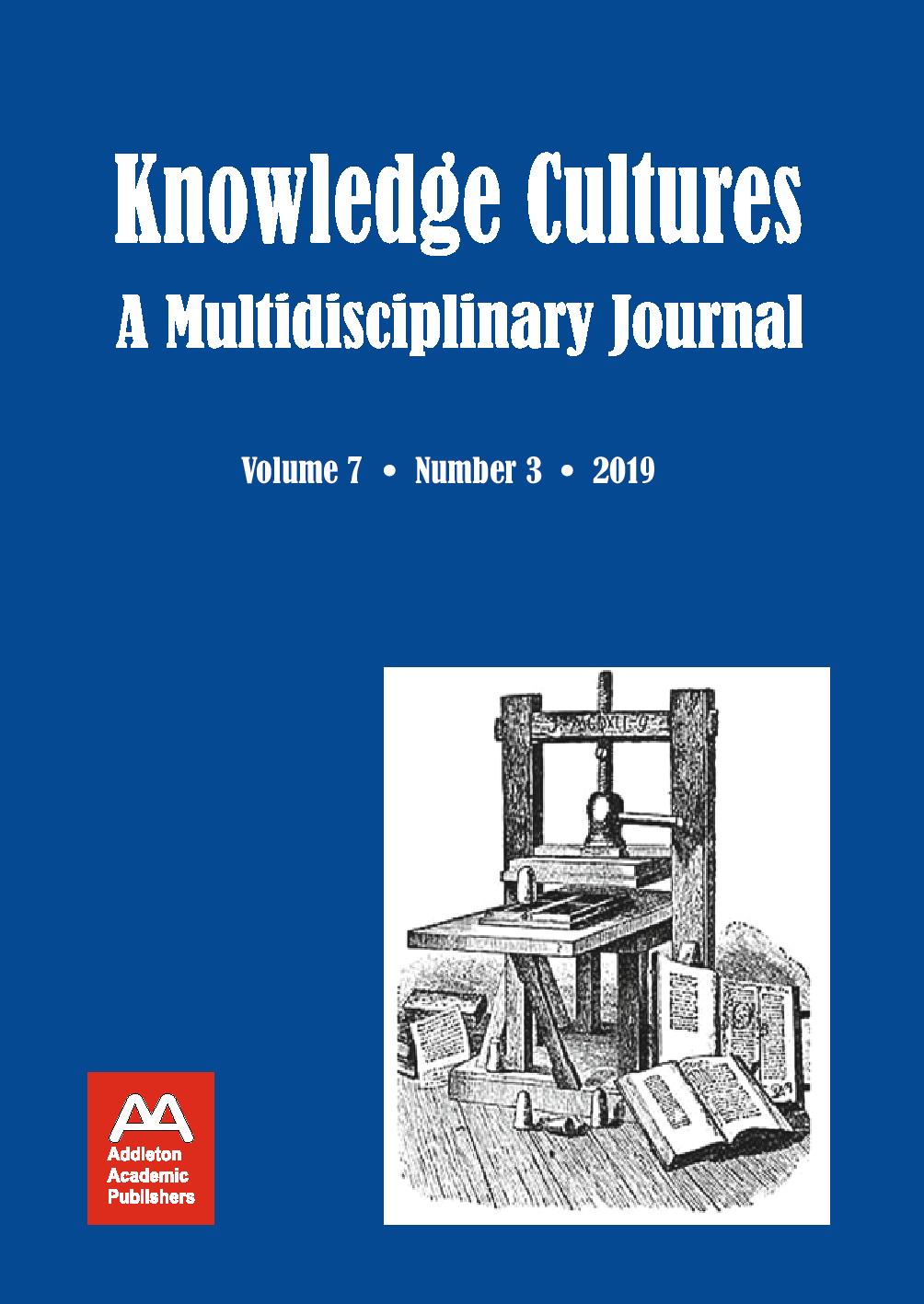Educational Cosmopolitanism: Complex Capabilities,
Institutional Requirements and a Research Stance
Educational Cosmopolitanism: Complex Capabilities,
Institutional Requirements and a Research Stance
Author(s): Niclas RönnströmSubject(s): School education
Published by: Addleton Academic Publishers
Keywords: cosmopolitanism; social imagination; educational cosmopolitanism; rooted cosmopolitanism; cosmopolitan learning; nationalism; globalism;
Summary/Abstract: One real challenge for researchers, policymakers, practitioners and other groups concerned with education is whether national education should depart from traditional inward nationalist views of human interconnectivity that no longer match a social reality defined by global interconnectivity, or whether it should continue to meet global challenges in the way many nations do today, that is, by supporting the primacy of the economy, reducing education to a promoter of human capital and economic agency. In this paper I argue that there are compelling reasons for a cosmopolitan response in national education (as a public concern) to a metamorphosis of society triggered by globalization. It was not until recently that many social scientists began to talk about a cosmopolitan turn in the human and social sciences; they argued that we can no longer think of the nation as the centre of gravity for our social reality and co-existence, and many people cannot even think of it as their home in the world. This recent cosmopolitan turn in the human and social sciences is relevant for modern education since education is thought to link individuals to society and a present to a future, but also because it is thought to be a public concern largely defined, formed and legitimized by views, or imaginaries, of human interconnectivity. In the paper I suggest and adopt a rooted social-imaginaries approach to cosmopolitanism relevant for national education and I discuss how social imagination is inextricably connected to modern education, society and social change. Moreover, I propose a rooted and imaginary cosmopolitanism aimed at re-imagining national education, but also new cosmopolitanisms recently developed relevant to the field of education. Finally, I offer a view of educational cosmopolitanism involving complex performative capabilities, institutional requirements and a research stance aimed at re-imagining national education in nations and a society undergoing a metamorphosis triggered by globalization. pp. 87–108
Journal: Knowledge Cultures
- Issue Year: 7/2019
- Issue No: 3
- Page Range: 87-108
- Page Count: 22
- Language: English
- Content File-PDF

